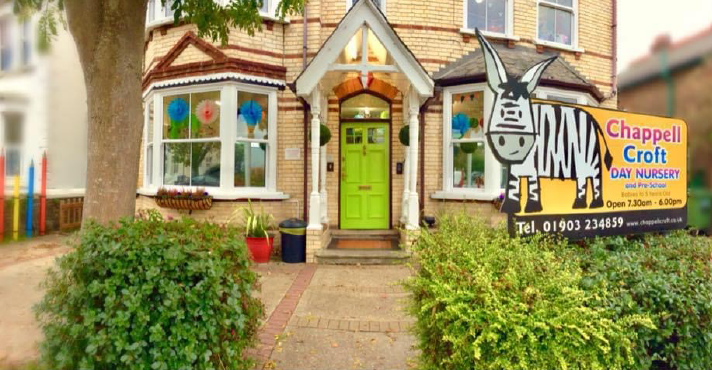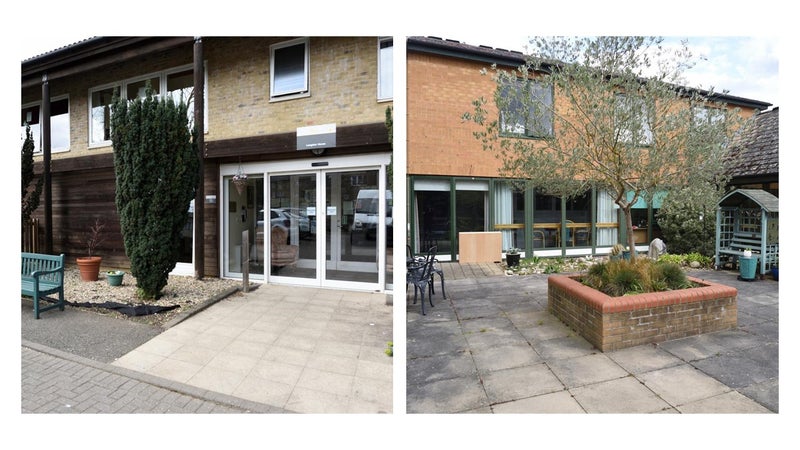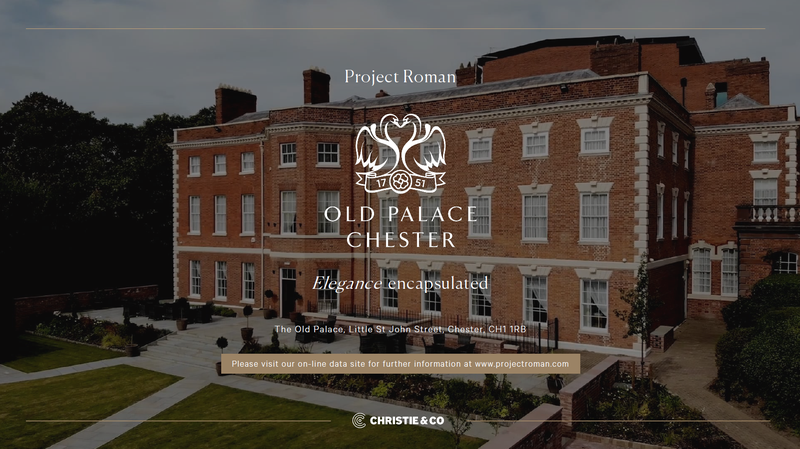Is the UK still a viable investment market to Chinese investors?
It’s been six months since we published an article regarding overseas investment controls proposed by the Chinese government on 18th August and with Chinese New Year coming, it is a great opportunity to update and see if what we expected was accurate.

In September, we published an article to outline the impact of this policy as well as the next step for Chinese buyers (you can read the full article here). We anticipated that Hong Kong-based companies and family offices will be increasingly active, that investment healthcare, childcare and education will still be encouraged and that the domestic large-scale tourism real estate market “cultural & tourism village” will boom.
In 2017, although the UK has faced some challenges due to Brexit negotiations, Britain’s economy remains surprisingly resilient. UK commercial real estate investment remained robust in 2017 and reached £62.1bn with an increase of 27% yoy, which is the 3rd highest year by transaction volume over the last 8 years, following behind 2014 and 2015.
Chinese buyers were undeterred and totalled c.£11bn of UK real estate investment last year, and reached just over £9bn in commercial sector, accounting for 14.7% of total commercial real estate transactions and representing the biggest capital inflow, followed by US’s £4.2bn and Germany’s £2.6bn. This figure does not include transactions which involved European market, such as three iconic logistics deals: CIC’s Logicor acquisition of €12.3bn in June, China Reinsurance’s European logistics portfolio for €580m in November and €2.1bn of Gazeley by Singaporean GLP owned by a Chinese consortium in October, so the real number is estimated to be even higher.
Our research shows that Chinese investors were still make acquisitions after overseas investment controls - most investors are either based in Hong Kong, or closing deals through their Hong Kong branches and family offices, which accounted for c.80% of total transactions, followed by c.12% from Singaporean footholds.
Although healthcare assets with brands and platforms remain sought-after, UK’s healthcare sector is heavily supported by governments and many operators stay cautious for expansion which might cause slow progress for Chinese investors. There were not many education transactions last year apart from China Financial Services Holdings’ Thetford Grammar School and Peking University’s Oxford campus. However, British childcare and education’s outflow is becoming more active. Two weeks ago, PM Theresa May’s China trip tightened the Sino-British relationship and struck over £9bn deals across education, manufacture, cultural and creative sectors. The cooperation agreements have signed between eight international schools and their Chinese partners including Reigate Grammar School, Adcote School, St. Bees School, Wycombe Abbey International School, Durham School, Kent College, Myddelton College and Malvern College, guaranteed that 29 British schools will open before 2020. Busy Bees also announced they will open 32 nurseries over the next five years in partnership with Chinese Oriental Cambridge Education Group. This emphasises the strong demand of British curriculum in China.
Among the deals during PM Teresa May’s China trip, the incorporation of UK’s Eden Project in Chinese cultural & tourism villages is the highlight for the Chinese cultural & tourism village market. There will be two Eden Projects to be built in Tianjin and Qingdao. Apart from UK, US’s Six Flags Theme Park and France’s Groupe Pierre & Vacances Center Parcs have already entered Chinese market in partnerships with Chinese Riverside Group and HNA respectively, joining the competition between Disney, Universal Studios, LegoLand and Chinese theme park groups.
This activity shows there’s no sign of slowdown for Chinese investors. With the increasing clarity of Brexit, we expect UK will remain a safe haven for Chinese investors.



















